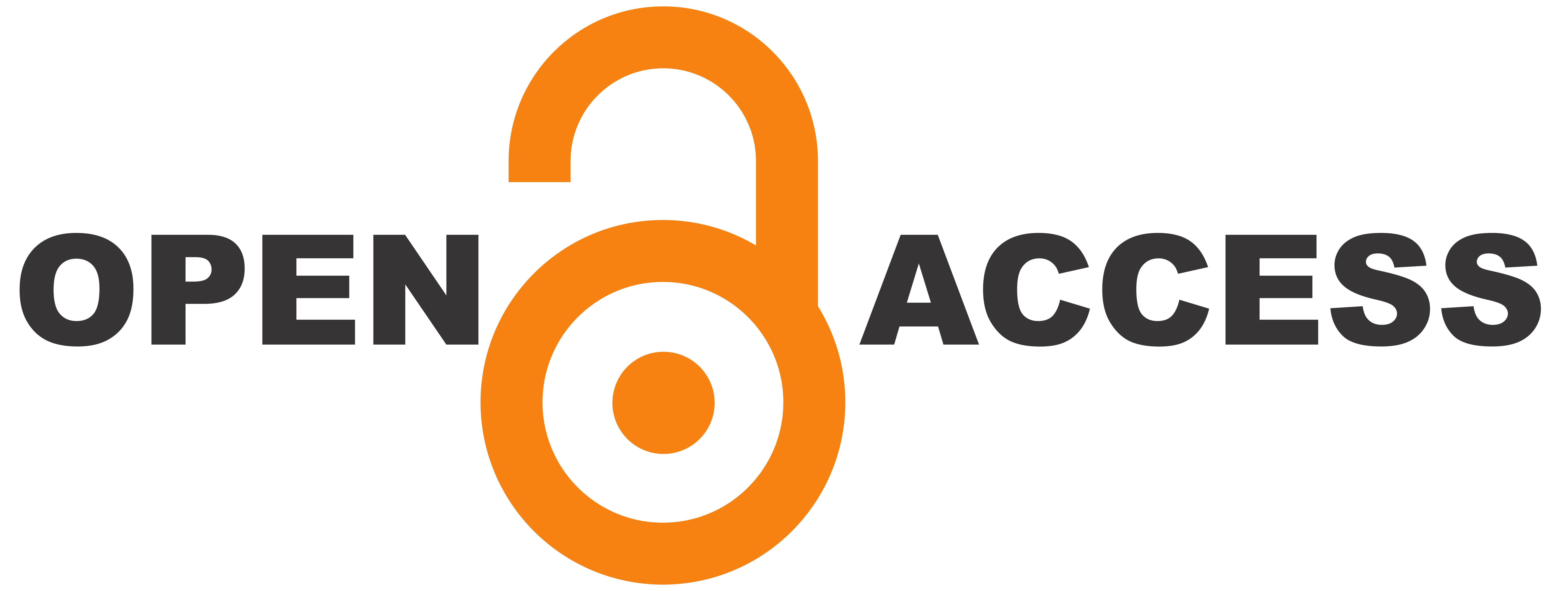Designerly Well-being: Implications for pedagogy that develops design capability
DOI:
https://doi.org/10.24377/DTEIJ.article1640Keywords:
designerly well-being, design pedagogy, design education researchAbstract
This article presents the concept of "designerly wellbeing", identifying the value for individuals and society of the development of the design capability inherent in all humans. The concept builds on ideas more generally of capability, well-being and democratic design and is characterised as the satisfaction, pride, confidence and competence of being able to engage in designerly thought and action with criticality and capability. (Stables, 2012) This article explores pedagogic issues, particularly in relation to the development of an individual's understanding of themselves as a designer, how they engage effectively in the processes of designing and how they develop the confidence and confidence to positively exploit their own designerly capability in their personal life, social and community life or professional life. Key to this is the stance of the educator on the processes of designing. The paper will present research that make the case for an iterative, dynamic view of process, responsive to the changing demands within any design or design related task. This research illustrates the importance of recognising the preferred approaches to design activity of individuals and the importance of supporting individual preferences whilst building new strengths to establish a repertoire of design methods, processes, knowledge and skills. An initial exploration of designerly well-being is presented through a small-scale pilot study that enabled 14 year olds to work in groups to take on big design challenges and prototype ideas. The pilot study indicated the positive effects on both the learners and the learning that took place as well as providing insights into the challenges for the teachers. It also indicated the need for
further research.
Downloads
Published
Issue
Section
License

This work is licensed under a Creative Commons Attribution 4.0 International License.
Authors who publish with this journal agree to the following terms:
Authors retain copyright and grant the journal right of first publication with the work simultaneously licensed under a Creative Commons Attribution License that allows others to share the work with an acknowledgement of the work's authorship and initial publication in this journal.
Authors are able to enter into separate, additional contractual arrangements for the non-exclusive distribution of the journal's published version of the work (e.g., post it to an institutional repository or publish it in a book), with an acknowledgement of its initial publication in this journal.



